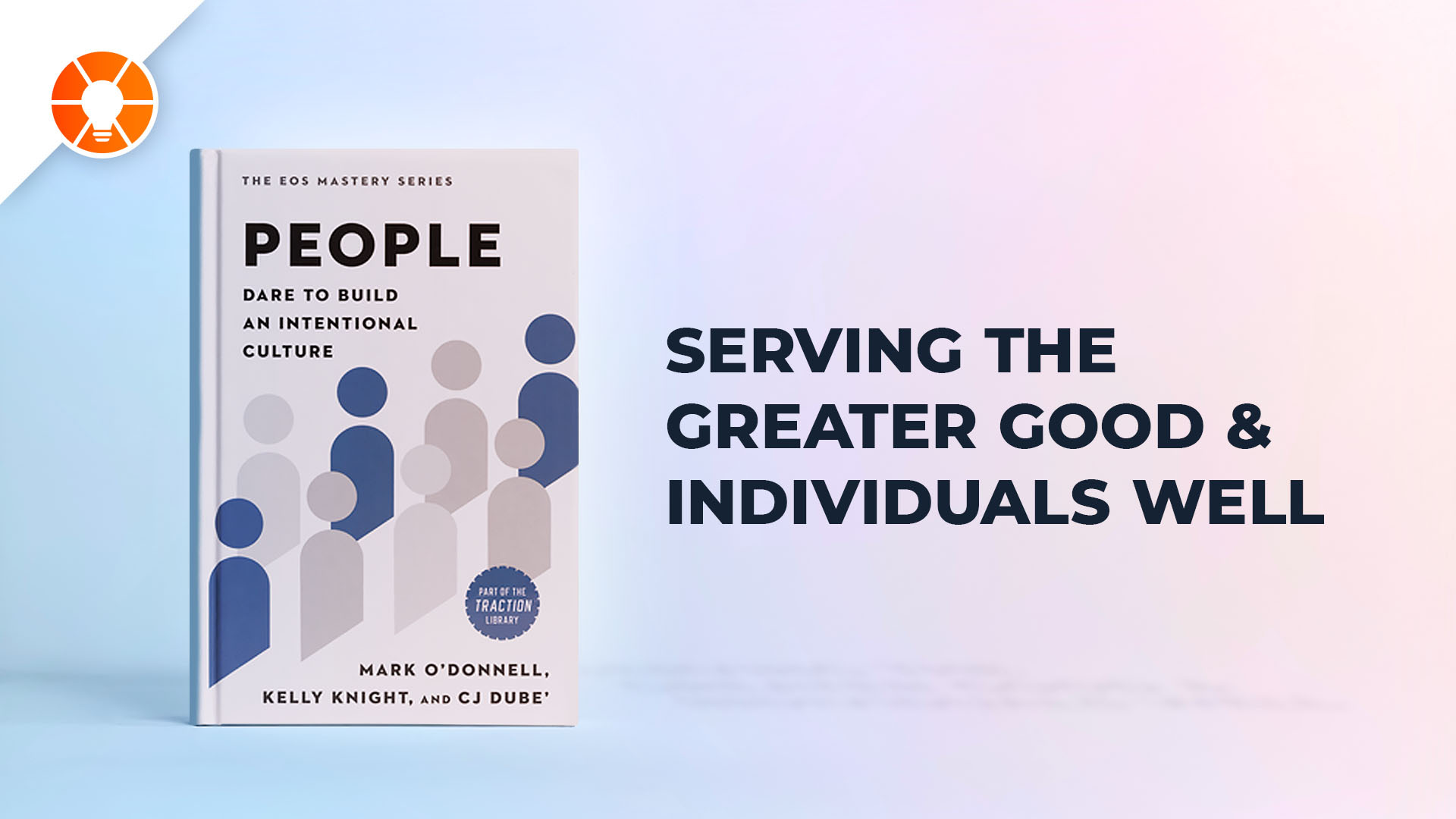
Several months ago, I watched the movie Encanto and – like millions of people – the song about the family’s refusal to talk about their estranged family member, Bruno, remained stuck in my mind for days. Notably, because my colleague Mike Paton and I have spent almost two years obsessing about, interviewing for, and writing a book about process, the song also reminded me of the business leaders who don’t want to talk about documenting their business’s core processes:
“As a Visionary, I am not naturally process-oriented – so it just won’t happen.”
“We are way too busy with unhappy customers and trying to fill key roles to take the time to document our processes!”
“I want my team to be free. I don’t want to turn them into a bunch of robots mindlessly following some script.”
If your business is growing and you have entertained any of these thoughts, you are not alone. And it’s precisely when we need to talk about process. When a business begins to scale, stress fractures start to develop. Despite working longer hours to keep all the plates spinning, you may find that you’re just dealing with more and more problems without much success –an experience that companies running on EOS call hitting the ceiling. What’s even worse is that the passion you originally had for your business begins to diminish as your Issues List items and To-Dos multiply. Your original vision for more freedom, more money, and more fun feels out of reach.
Ironically, when we bring up a proven approach to these issues, many of these same frustrated leaders resist the conversation. Instead, they nervously check their watches, start pacing, or let out a loud sigh. The great news is that once they engage in this topic, we see a lightbulb immediately turn on, and our leaders are ready to roll up their sleeves and get to work.
The Three Top Mindsets Getting in Your Way
A business leader’s resistance to process often falls into one or more of the following categories, so let’s take them one at a time:
1. “I’m not process-oriented.”
As an entrepreneurial leader, you may believe this, but our experience proves otherwise. The consistency that was involved to sustain your business or department proves that you found what made a customer smile or saved time in the field and repeated that action over and over again. On the other hand, if you did something that a customer disliked or increased your cost of goods unnecessarily, you likely abandoned that approach. While you may not have written it all down, intuitively you adopted a process that you could repeat and share with others. This approach reveals that you are process-oriented.
2. “Process takes too much time.”
While we appreciate that time is a precious commodity in a growing business, if you don’t have documented processes, this next mindset reflects a few miscalculations. First, you are underestimating the amount of time you are wasting with unhappy customers, poorly trained employees, and getting in the weeds to resolve problems. Second, you also may be overestimating the amount of time that documenting your core processes will take. Using the high-level approach that we teach our entrepreneurial teams, the majority of your work will be completed in about a year.
3. “Process destroys freedom.”
Many of the independent leaders that we have worked with or interviewed for Process! were amused when they reflected on their attachment to this misplaced mindset. What type of freedom are you experiencing when you work late into evenings or weekends, train and retrain employees, or closely monitor your bank account to manage cash flow? In fact, by documenting and simplifying the actions that your employees repeatedly perform, you will experience more highly trained employees, more consistent results, happier customers, and higher profits. You and your leaders will then have the freedom to innovate, create, and lead.
Commit
Even though some of us will probably never get the Encanto refrain out of our heads (300 days and counting here!), we can use it as a reminder to address the topics we’re resisting. When we address and disprove these three mindsets, we can see the truth resonate immediately with our teams. Our leaders quickly commit to adopting our proven approach and embark on the journey to strengthen the Process Component™ with newfound energy and passion.
In our next blog, we’ll share the two tools we use to help leaders strengthen the Process Component: The 3-Step Process Documenter and the FBA Checklist.
We DO talk about Process. Yes, yes, yes!






